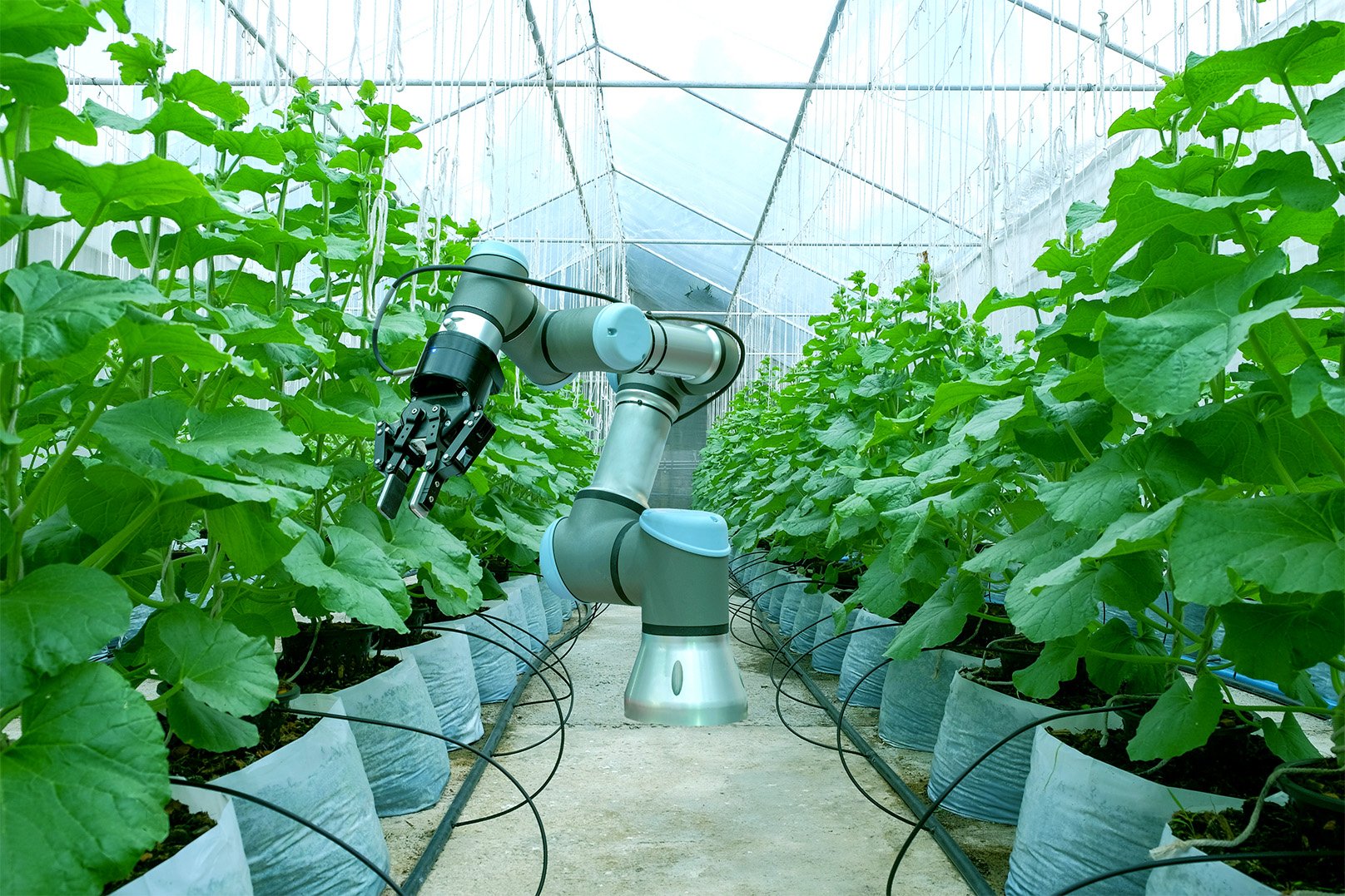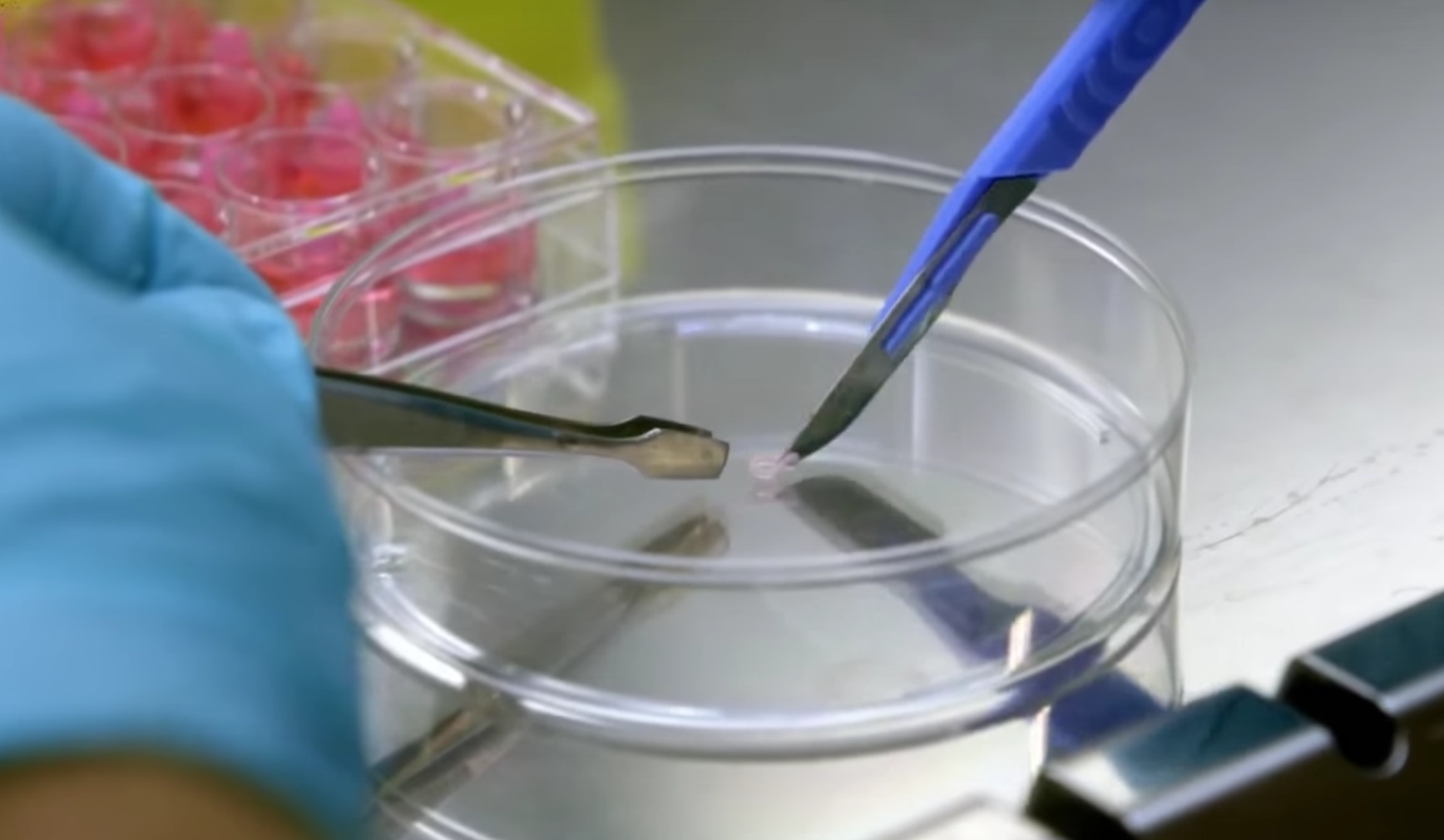
IN SPOTLIGHT
Shaping the Future of Taste: Inside Givaudan’s Foresight Journey
Before the world caught on, Givaudan was already designing the taste experiences of tomorrow. We sit down with Igor Parshin, Customer Foresight Lead at Givaudan to talk about how the company turns early change signals into the flavours that will define the future.
BLOG BY FUTURES PLATFORM
Shaping the Future of Taste: Inside Givaudan’s Foresight Journey
Before the world caught on, Givaudan was already designing the taste experiences of tomorrow. We sit down with Igor Parshin, Customer Foresight Lead at Givaudan to talk about how the company uses foresight to turn early change signals into the flavours that will define the future.
Futures of Food: Five Emerging Issues Transforming Food Systems
Drawing on in-depth foresight research by renowned futurists Prof. Sohail Inayatullah and Dr. Ivana Milojević, we spotlight five emerging issues that may revolutionise global food systems over the next 30 years.
From “You Are What You Eat” to “Eat for the Way You Are”
In the era of curated experiences, food personalisation is on the cusp of becoming the next big health and wellness solution – but at what price for the consumer, and at what cost to those experiencing food insecurity? Can the industries involved collaborate to efficiently bring these bespoke foods to market without exacerbating (or possibly even alleviating) the global food shortage?
How We Will Eat in the Future
Although wider culinary options are pleasing us, unhealthy diets are inviting chronic illnesses and various health risks. We are urged to eat healthier while the emergence of new technologies and ingredients are rapidly changing our food world. Would you change your diet if your doctor would prescribe the secret ingredient for a healthy life?
Vertical Farming - The Solution to Growing Food Demands?
It's estimated that by 2050, global food demand will increase between around 60% to 100%. We're already seeing some efforts at making rural areas more efficient at crop production. Laboratories are now attempting to lab-grown meat and other methods. Another promise, which has been frequently evoked lately, is vertical farming. But what exactly is it?
The Future of Food Security
Dry heat and drought in one season and flooding rains in another is part and parcel of our global food futures to 2050. Also on the radar is a tidal wave of change caused by global warming, population growth, digital futures and deep systemic issues in food futures to 2050 and beyond. These issues are influencing food security, scarcity and trends like biotechnology and precision agriculture in the food industry.
Water and Food Out of Thin Air
Clean water and food shortages are two of the world’s pressing problems which require urgent solutions as the population grows and the climate change evolves. As unbelievable as it may sound, new technologies could help us to answer this challenge by harvesting water and food out of thin air.
Cyborg Plants
Scientists are not only trying to enhance human abilities with new technologies, but also creating plants with superpowers. Several successful experiments on flowers and vegetables have been conducted, and the field is developing rapidly. If you haven’t heard about green cyborgs yet, it's time to learn about their future potential!
Are We Ready for Artificial Meat?
In 2013, Dr. Mark Post and his team at Maastricht University created the first “cultured” burger in the world. Made from muscle-specific stem cells from real cows and later cultured into fibers of muscle tissue thrown together to form a patty, the burger was fully grown in a laboratory. Its cost? US$ 331,000, making it the most expensive burger in the world. Billionaire and Google co-founder Sergey Brin paid the bill.
To Bee Or Not To Bee
Mass death of bees has led to loss of productivity in farmed crops as they do not pollinate the way they used to. To bee or not to bee is ecologically a larger question than this. Recent studies show that a chemical cocktail from farming including pesticides and insecticides has spread to wild flora as well. It is possible that future farming will have to become organic to continue.
Eating Insects - The Solution to a Big Problem?
With human population numbers increasing, we can expect the demand for food to continue to grow too. This trend suggests we will have to produce more food to meet that demand, or reduce the food waste we currently create. In this article, we discuss how something uncommon to Western nations - eating insects - might be the solution.












